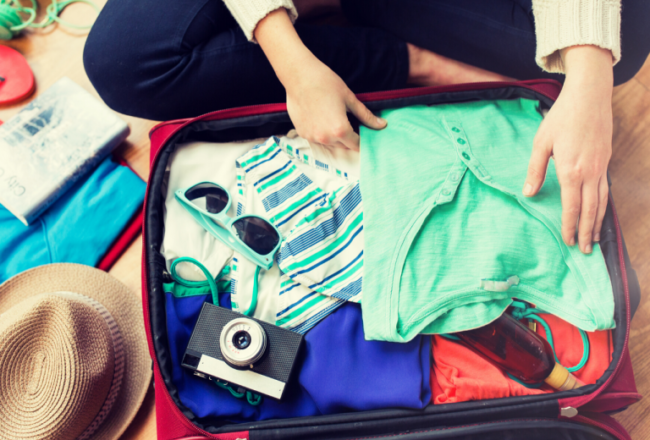Traveling can be an exciting and enriching experience. It allows you to explore new and beautiful places, meet fantastic new people, and try new and sometimes adventurous things. However, if you are in addiction recovery, it is important to be aware of the potential risks that traveling can pose. In this blog post, we will explore some of the risks associated with traveling while in addiction recovery and provide you with tips on how to stay safe and sober on the road.
Change in Routine Can Trigger Relapse
When you are in addiction recovery, routine is an important part of your recovery plan. Being away from your usual environment and routine can make it difficult to stick to your recovery plan and increases the risk of relapse. To minimize this risk, try to stick to your usual routine as much as possible, even while traveling. This may include waking up and going to bed at the same time, eating regular meals, and continuing to exercise if this is part of your routine.
There are also resources you can access when you’re traveling if you need them. If you head to California, for instance, and you find yourself needing to get help, you can easily detox near Palm Desert and at different places throughout the state. Some of these detox centers even have outpatient help you may be able to access while you’re traveling.
Exposure to Triggers
When you travel, you may be exposed to new and unfamiliar situations that can trigger cravings and could lead to a relapse. This could include exposure to alcohol or drugs, social situations where substance use is normalized, or even stressors such as delays or changes in plans. To reduce your risk of exposure to triggers, try to plan ahead as much as possible. This may include avoiding places or situations that could be triggering, bringing a sober travel companion, or having a plan in place for dealing with cravings or triggers if they arise.
Difficulty in Accessing Support Systems
Travel makes it challenging to access your usual support systems such as your therapist, sponsor, or support group. This can leave you feeling isolated and vulnerable, making it easier to relapse. To overcome this challenge, try to find alternative sources of support while on the road. This may include online support groups, phone or video sessions with your therapist, or attending local support group meetings in the area you are traveling to.
Lack of Accountability
Being on the road can leave you feeling less accountable to others and less likely to adhere to your recovery plan. This can be especially true if you are traveling alone, as you may feel more inclined to take risks or make impulsive decisions without considering the consequences. To stay accountable, try to maintain regular contact with your support system, set goals for your trip, and regularly check in with yourself about your progress.
Exposure to New and Unknown Challenges
Traveling can present new and unknown challenges that can be difficult to navigate while in addiction recovery. These challenges could include language barriers, cultural differences, or unfamiliar customs. Coping with these challenges can be stressful making it easier to relapse. To reduce your risk of exposure to new and unknown challenges, do your research ahead of time, plan ahead for potential challenges, and reach out for help if you need it.
Traveling with Friends or Family Members Who Use Substances
If you are traveling with friends or family members who use substances, it can be difficult to resist the temptation to use them yourself. Being around others who are using can normalize substance use and increase the risk of relapse. To minimize your risk, try to be open and honest with your travel companions about your recovery journey, set clear boundaries, and have a plan in place for dealing with triggers or cravings if they arise.
Difficulty in Staying Accountable to Your Recovery Plan
Your recovery plan is going to look different from someone else’s. When you are traveling, it can be challenging to stick to your plan. You might find it hard to stay focused and accountable for what you’ve committed to. This can make it difficult to stay accountable and maintain your sobriety. To overcome this challenge, try to plan ahead as much as possible. And stay connected if possible to a sponsor or another person you trust.





No Comment